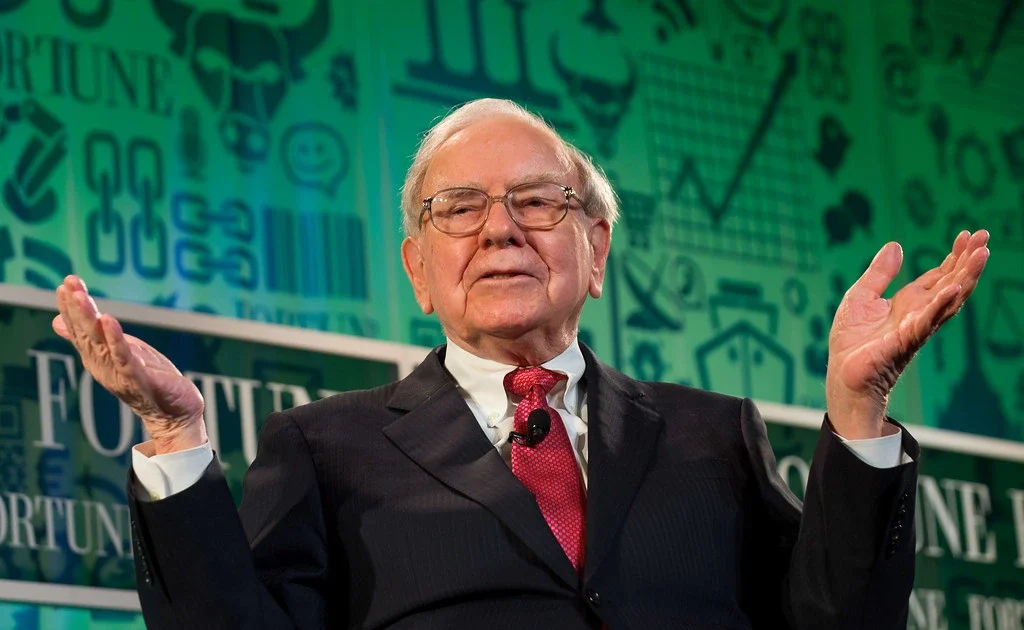In a development that has stirred financial markets and investors alike, Warren Buffett’s Berkshire Hathaway announced a staggering $3.8 billion write-down on its investment in Kraft Heinz, marking one of the most significant financial hits in the conglomerate’s history.
The move comes amid broader concerns over shifting consumer habits, weak brand performance, and intensified competition in the food and beverage sector. The announcement was made alongside Berkshire’s second-quarter earnings, which also showed a noticeable dip in operating profits.
A Painful Legacy Investment
The write-down stems from Berkshire’s 2015 partnership with 3G Capital to merge Kraft Foods and Heinz, forming one of the largest packaged food companies in the world. At the time, the deal was seen as a strategic masterstroke, combining iconic brands with the potential for global scale.
However, that bet has not aged well.
Since the merger, Kraft Heinz has struggled with brand stagnation, lack of innovation, and difficulty appealing to younger, health-conscious consumers. Over the years, sales have flattened, and the company has lost significant market share to more agile competitors offering plant-based and organic options.
Buffett’s Acknowledgment
While Warren Buffett has often praised Kraft Heinz’s brand strength, he has also been candid about the company’s missteps. In previous interviews, he admitted to overpaying for Kraft Heinz, calling it a rare but costly mistake in his long investing career.
Despite the write-down, Buffett has not completely exited the Kraft Heinz stake, signaling a lingering confidence that the company may still rebound or at least stabilize enough to avoid further losses.
Earnings Reflect Broader Headwinds
In its latest report, Berkshire Hathaway disclosed that its operating profits fell by 8% to around $10.4 billion for the quarter, down from the $11.3 billion reported during the same period last year.
A significant chunk of this drop is attributed to the Kraft Heinz impairment. However, the decline also reflects broader economic pressure, such as inflation, weakened consumer demand, and volatile energy prices impacting Berkshire’s other businesses, including its insurance and utilities segments.
This news is particularly jarring considering Berkshire has been on an upward trajectory in most of its other investments, especially with Apple and energy holdings.
The Broader Picture: Changing Tides in Food Industry
The Kraft Heinz debacle serves as a cautionary tale for legacy companies and investors alike. The food and beverage sector is no longer dominated solely by brand recognition and distribution scale. Instead, consumer preference has dramatically shifted toward health, transparency, and innovation.
Kraft Heinz’s inability to adapt quickly to these trends has undermined its market value, and even deep pockets like Berkshire Hathaway can’t shield themselves from poor performance indefinitely.
Furthermore, Kraft Heinz has faced internal challenges, including product recalls, executive turnover, and a massive goodwill impairment in 2019, which had already raised red flags among institutional investors.
Market Reaction
The market has responded with caution. Shares of Kraft Heinz fell by nearly 6% following the announcement. Although not a total collapse, this signals waning investor confidence and frustration over the company’s inability to reinvent itself meaningfully.
On the other hand, Berkshire Hathaway shares remained relatively stable, reflecting investor faith in the conglomerate’s diversified holdings. Still, analysts caution that recurring impairments could tarnish Berkshire’s otherwise resilient image.
Berkshire’s Position Moving Forward
Despite the hit, Berkshire Hathaway remains a powerhouse. With over $150 billion in cash reserves and stakes in leading companies like Apple, Chevron, and Coca-Cola, the company is well-insulated against isolated losses.

Some analysts believe this Kraft Heinz write-down could free up Berkshire to pursue more promising acquisitions, potentially in tech or green energy sectors. Others suggest that Buffett’s team may become even more conservative in future mergers, particularly in sectors prone to fast-changing consumer preferences.
Lessons for Investors
This situation highlights a vital lesson: not all brand-name investments are safe bets in the long run. Berkshire Hathaway, a firm synonymous with long-term value investing, found itself on the losing end due to an overreliance on legacy brand equity.
It also shows the limits of cost-cutting strategies. The 3G Capital approach, which focused heavily on aggressive efficiency measures, may have hampered Kraft Heinz’s ability to innovate and keep pace with evolving consumer tastes.
Final Thoughts
While the $3.8 billion Kraft Heinz write-down is a sobering moment for Berkshire Hathaway, it is by no means a death sentence. The conglomerate’s strength lies in its diversification and discipline, qualities that continue to inspire investor confidence even amid temporary setbacks.
Still, the event is a clear sign that even the most experienced investors must remain flexible, attuned to market shifts, and willing to admit when a bet has not paid off.
As the food industry continues to evolve, so too must the investment strategies of giants like Berkshire Hathaway. Only then can they avoid repeating the costly missteps of the past.
Stay connected with TrendScoop360 for more updates on this story and other trending news across the United States and the world.

